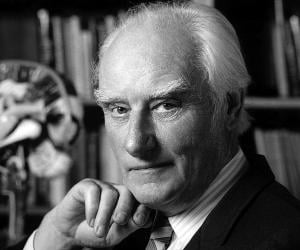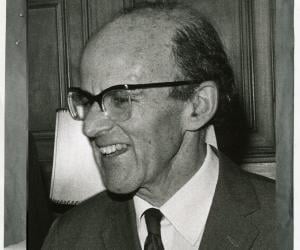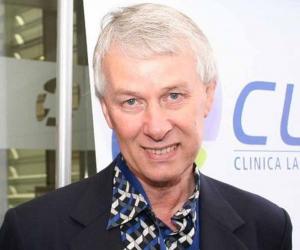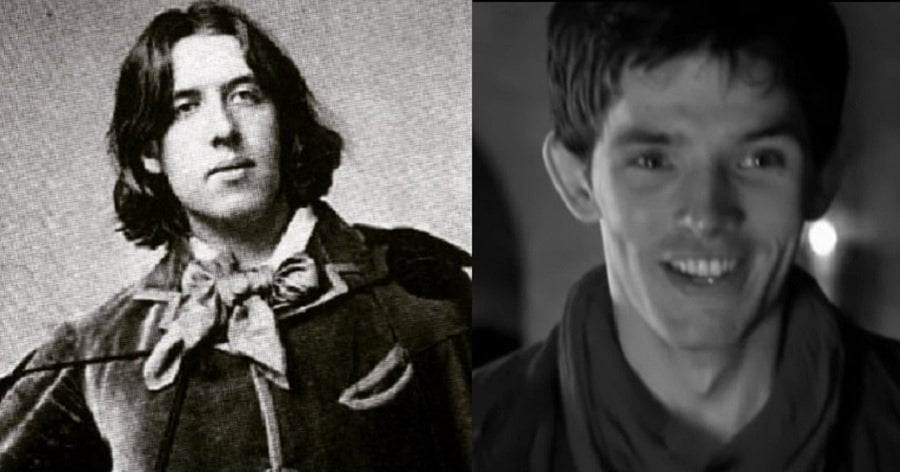Nobel Prize-winning British biophysicist Francis Crick is best known for his ground-breaking work to determine the structure of the DNA, along with James Watson, Maurice Wilkins, and Rosalind Franklin. He taught at various institutes, such as the Salk Institute, and was also awarded the Order of Merit.
Molecular biologist Max Perutz won a Nobel Prize for his research on the structure of hemoglobin. While working at Cambridge, he co-founded the Medical Research Council Unit for Molecular Biology. He also studied glaciers and their velocity distribution. He was also made a Fellow of the Royal Society.
Molecular biologist Richard J. Roberts is best known for his Nobel Prize-winning research on split genes. The Harvard alumnus had wished to be a detective as a child but changed his mind after being gifted a chemistry set. He was also made a Fellow of the Royal Society and knighted.

Kenneth Murray, one of the most influential molecular biologists of his time, was a co-founder of Biogen, which developed hepatitis B vaccines. He often collaborated with his wife, molecular geneticist Noreen, and earned six honorary degrees and a knighthood. He was also a fellow of the Royal Societies of London and Edinburgh.




